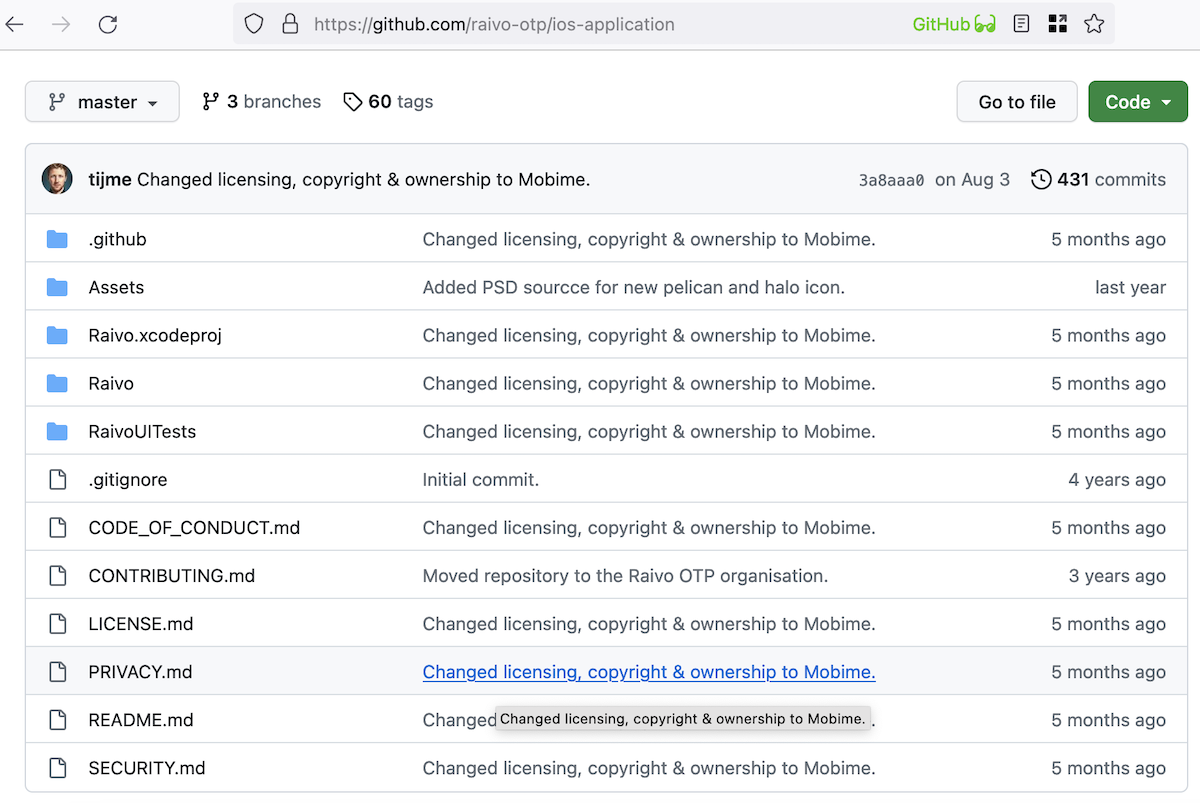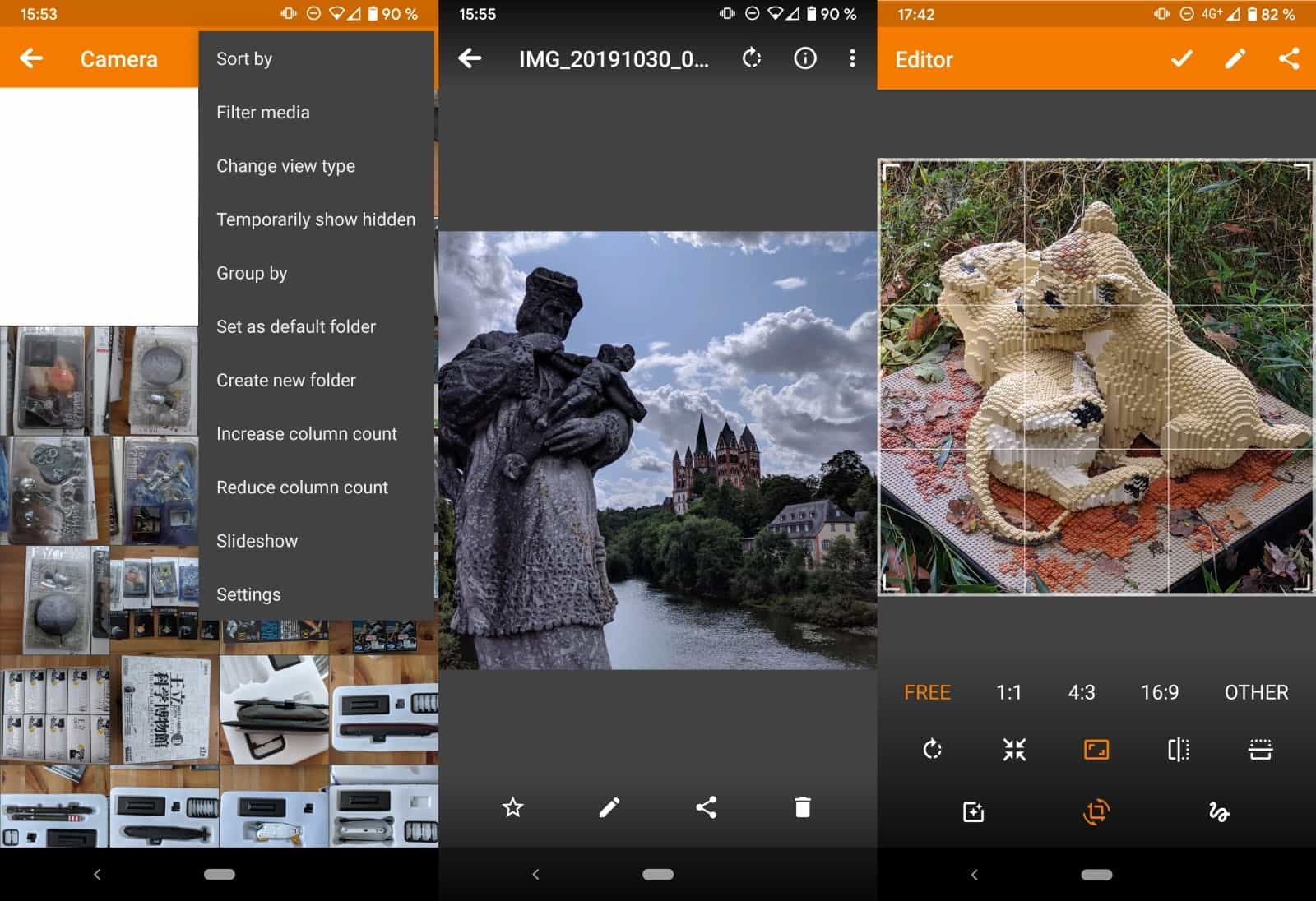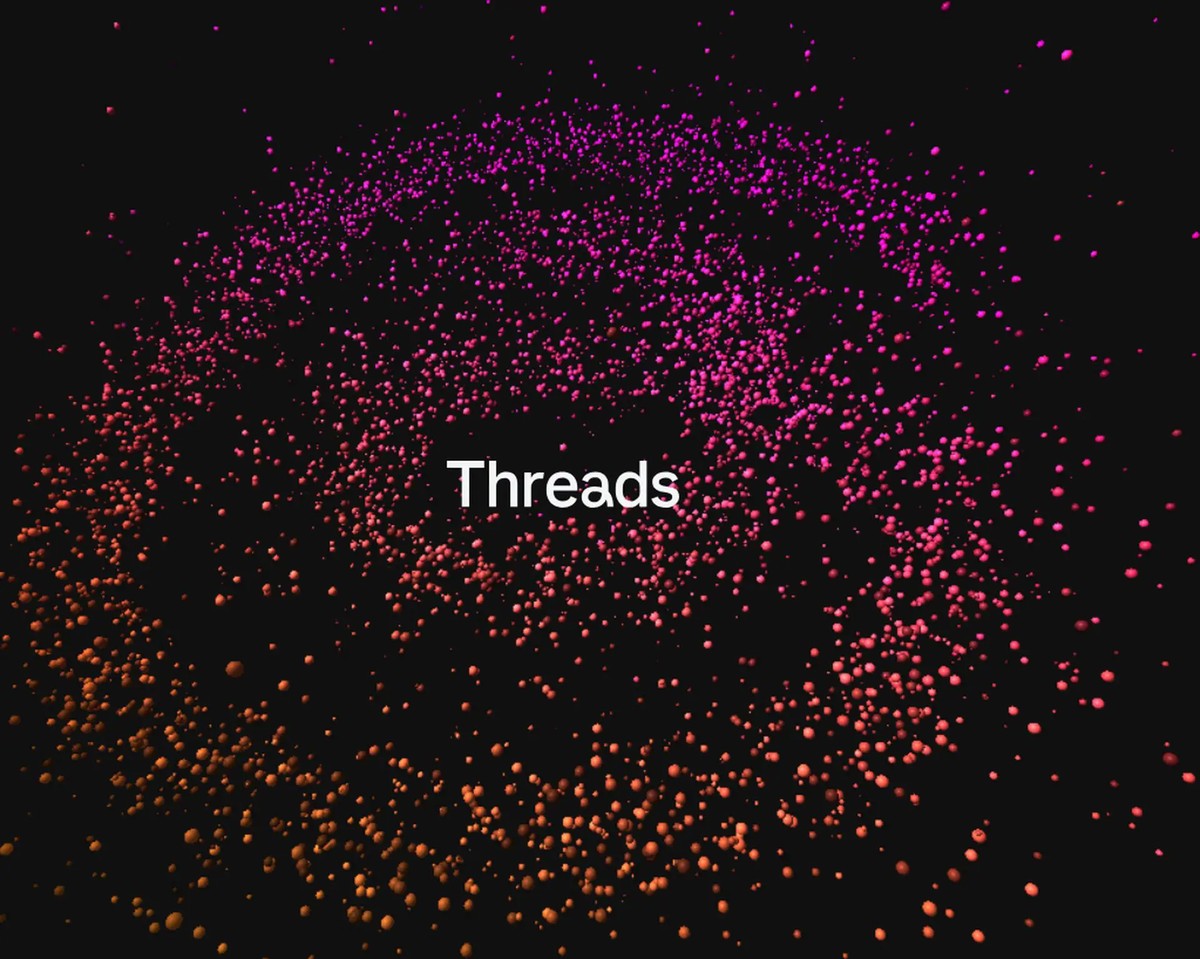What is an API, a simple explanation

Many people find themselves confused by the abundance of acronyms in the huge field of technology and the desire for simple definitions. API is one such abbreviation that plays a crucial role in the modern digital world. Application programming interfaces (APIs) have become indispensable in today's software industry because they allow for the smooth synchronization, development, and cooperation of otherwise disparate programs.
To demystify APIs, let's explore an analogy that brings the world of software integration to a relatable scenario: the dynamic interplay between a customer, a waiter, and a kitchen. Just as the trio works together to fulfill the customer's dining needs, APIs serve as the bridge enabling different software applications to communicate, share data, and deliver seamless experiences. Join us as we unravel the analogy and shed light on the inner workings and impact of APIs in the tech landscape.

What is an API?
In today's hyper-connected world, APIs are essential to keeping everything working together. They have changed the game for app development by letting programmers leverage existing features rather than starting from scratch. APIs provide a wide variety of building blocks that enable developers to construct new, feature-rich solutions with less time and effort, such as integrating social media sharing in an app, accessing payment channels, and leveraging location data. By leveraging APIs, companies may broaden their customer base, enhance their product's usability, and open up previously untapped income opportunities.
Imagine yourself as a customer in a bustling restaurant. You sit at the table, eager to order a meal. In this analogy, you represent an application or system that requires specific services or data. The waiter acts as the API, facilitating communication between you and the kitchen.

The waiter serves as the intermediary between you and the kitchen, taking your order and conveying it to the kitchen staff. Similarly, an API acts as a communication channel between applications or systems. It receives requests from one application, relays them to the intended destination (another application or service), and returns the response, just like a waiter taking your order and bringing back your food.
Behind the scenes, the kitchen is where the magic happens. It comprises various chefs, each responsible for a specific aspect of meal preparation. In the API analogy, the kitchen represents backend systems and services that perform specific tasks or provide data. These backend systems can range from payment gateways and user databases to external services like weather forecasts or social media integration.
As a customer, you place an order with the waiter, specifying your preferences. The waiter takes your request, relays it to the kitchen, and returns with the prepared meal. Similarly, with APIs, an application sends a request, including specific parameters and data, to the API. The API processes the request, interacts with the necessary backend systems, and returns the desired results or data to the requesting application.

The importance of application programming interfaces (APIs) in facilitating communication and integration across software programs might be better appreciated by considering how they relate to the customer, waiter, and kitchen triad at a restaurant.
APIs are the "waiters" of the IT world, bridging disparate systems together so that information and functionality may flow freely. Since modern applications rely on the cooperation and interaction of multiple components to offer novel, linked solutions, this example highlights the importance of APIs in software development. When you sit down to a satisfying dinner, think of the APIs behind the scenes that make the digital world work.
We have a firm grasp of how the API works now. If you want more advanced points, keep reading.
API types and architectures
APIs come in various flavors, catering to different needs and use cases. The two primary types are RESTful APIs and SOAP APIs. REST (Representational State Transfer) APIs follow a stateless, client-server architectural style and are widely adopted due to their simplicity and scalability. On the other hand, SOAP (Simple Object Access Protocol) APIs employ XML-based messaging protocols and are known for their robustness and support for more complex operations.
Additionally, APIs can be categorized as public or private. Public APIs, often provided by tech giants like Google, Twitter, or Facebook, are accessible to external developers, fostering an ecosystem of third-party applications. Private APIs, also known as internal or enterprise APIs, are utilized within organizations to enable communication between internal systems, departments, or services.
API economy
APIs have fueled the rise of the API economy—a thriving ecosystem where organizations monetize their APIs or leverage external APIs to drive innovation and create value. The API economy has transformed industries, opening up new business models and opportunities.

With the rise of platform-centric businesses, such as Airbnb and Uber, APIs have become the bedrock upon which entire ecosystems are built. These platforms expose APIs that enable developers to build applications on top of their infrastructure, fostering innovation and expanding their reach exponentially.
You can see the API economy's effect on the Reddit blackout protest.
Conclusion
In this era of unprecedented digital connectivity, APIs act as enablers, fostering collaboration, innovation, and growth across the tech industry. From mobile apps to cloud services, APIs have revolutionized the way software is developed, allowing applications to communicate and exchange data seamlessly.
The power of APIs extends beyond technology companies, permeating various sectors, including finance, healthcare, and transportation. As technology continues to evolve, APIs will remain a crucial tool in the hands of developers, propelling the connected future and enabling transformative experiences for users worldwide.
Advertisement




















So the API basically is rude, expects money and spits in your soup. Got it.